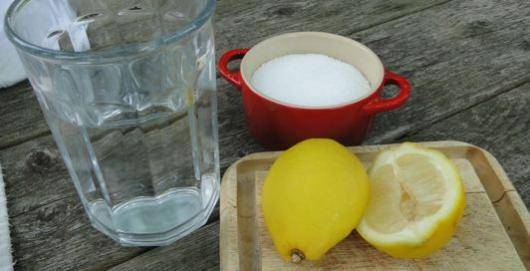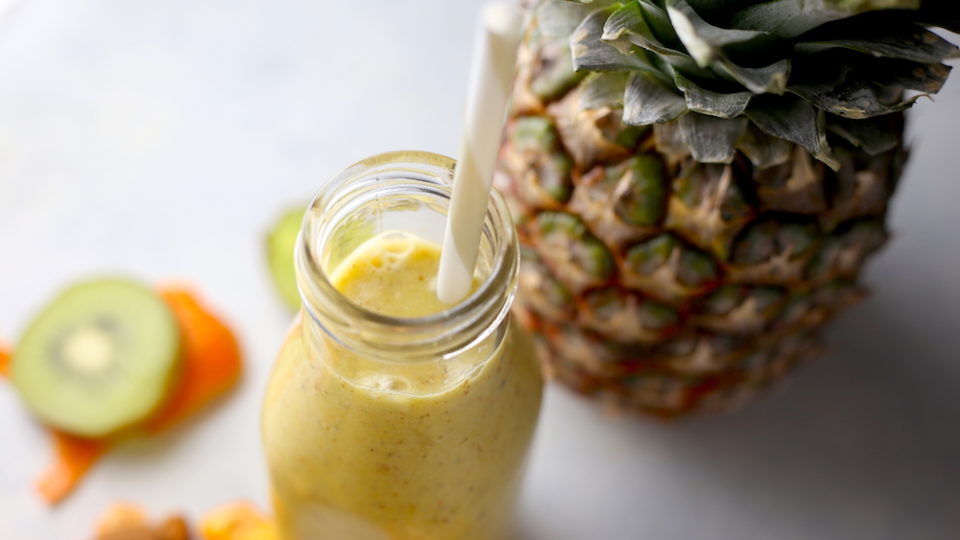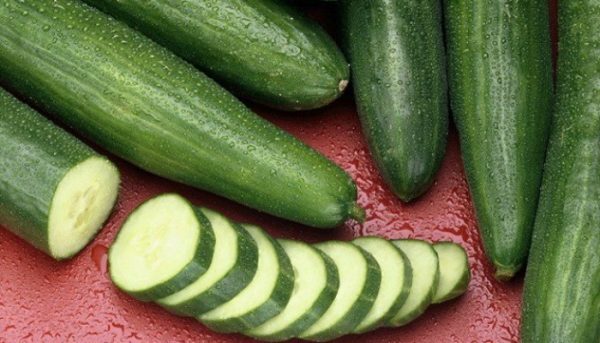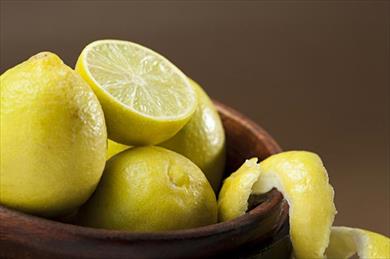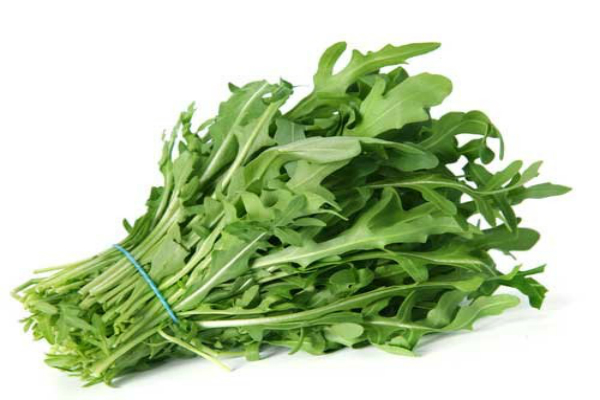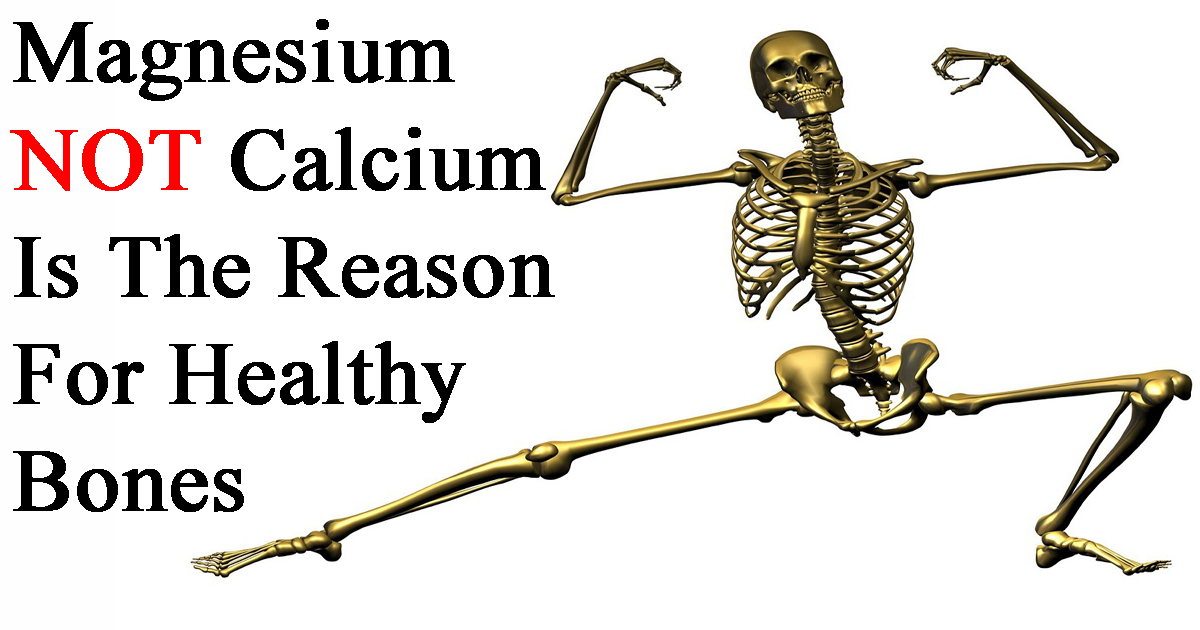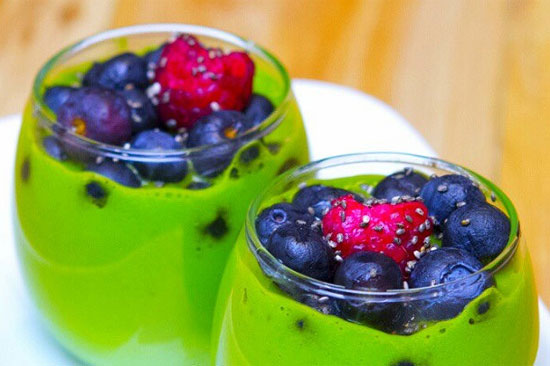Being on ketosis, sometimes means losing the most vital minerals of our body. But making an electrolyte drink that will regain the loss of minerals is a real challenge. We made excellent drink for us and great recipe for you, which is suitable for your keto diet. But let we start with some theory.
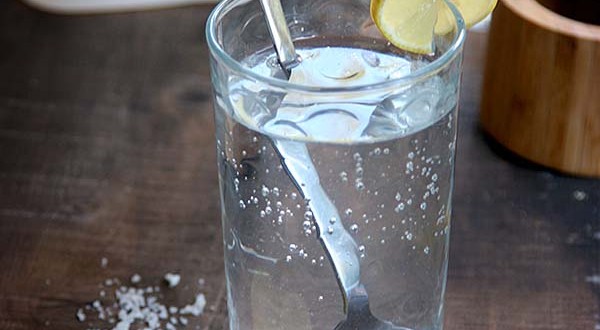
Basic facts about the electrolytes
Electrolytes are minerals in your blood and other body fluids that carry an electric charge.
Electrolytes affect the amount of water in your body, the acidity of your blood (pH), your muscle function, and other important processes. You lose electrolytes when you sweat. You must replace them by drinking fluids that contain electrolytes. Water does not contain electrolytes.
Common electrolytes include:
- Calcium
- Chloride
- Magnesium
- Phosphorous
- Potassium
- Sodium
Electrolytes can be acids, bases, and salts.
Regarding the selection of the right electrolyte we are always skeptic. Supermarket shelves are full with sport drinks and electrolytes, but what is the real nutrition quality of these drinks. Are they really appropriate for the keto dieters?
Did our paleo ancestors really have electrolytes similar to today’s?
Of course, people in the Paleolithic period did have naturally mineral rich water. Today’s standards for safe water destroy most of the mineral benefits of water.
Electrolytes and Sugar
For increasing the commercial value, electrolytes contains sugar(glucose). But there is scientific reason why they contain sugar. Small intestine better absorb if electrolytes contain glucose.
There are many people that need electrolyte not sugar. Especially if you are on low carb diet this totally will destroy your aim.
Electrolytes for Keto Dieters
People on keto diet plan, occasionally can suffer from lack of minerals which sometimes can be unpleasant experience:
- Ketosis causes fast excretion of sodium
- Low carb diets are effective diuretic and it can be a reason for side effects related with loss of potassium
- People on keto diet often have muscle cramps and similar problems that are caused by magnesium loss
These three states are clear indication that during ketosis is very important to maintain the levels of potassium, sodium, and magnesium.
The Recipe
Because there isn’t commercial version of keto formulated electrolyte, we don’t have referent electrolyte for comparison. But we can easily prepare high quality sugar-free electrolyte at our kitchen:
- ¼ teaspoon lite salt/low sodium salt (potassium rich salt)
- ¼ teaspoon cooking salt (sodium rich salt)
- 1-2 teaspoons of Epsom Salt or Pink Himalayan salt (magnesium rich salt)
Dissolve the whole salt content in as much water you need it to be palatable
For better taste we suggest one lime or lemon, but this will cost you 3.5gr or 0.12oz of carbs.
Nutrition facts:
- 325mg potassium
- 833mg sodium
- Decent amount of magnesium depends of the Epsom Salt quantity. (be careful, large amount of Epsom Salt can cause diarrhea, if you start too high too fast)
You can boost this drink by using coconut water instead of water. Coconut water is great electrolyte but it has a lot of carbs for some people.
Coconut water nutrition values:
- 6 gr carbs
- 600mg potassium
- 252g sodium
- 60mg magnesium
Safety Notice
Sodium increases blood pressure because it holds excess fluid in the body, creating an added burden to your heart. Blood pressure rises with age, and eating less sodium now will help curb that rise and reduce your risk of developing other conditions associated with too much sodium, such as stroke, heart failure, osteoporosis, stomach cancer, and kidney disease.
According to American Heart Association recommended doses are 1,500 milligrams of sodium a day
Here are the approximate amounts of sodium, in milligrams, in a given amount of table salt:
- 1/4 teaspoon salt = 575 mg sodium
- 1/2 teaspoon salt = 1,150 mg sodium
- 3/4 teaspoon salt = 1,725 mg sodium
- 1 teaspoon salt = 2,300 mg sodium

